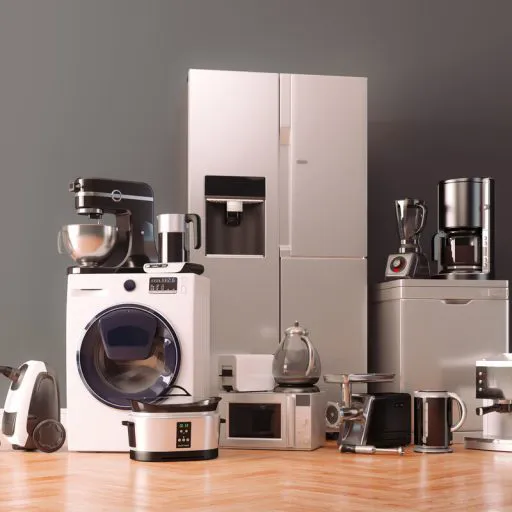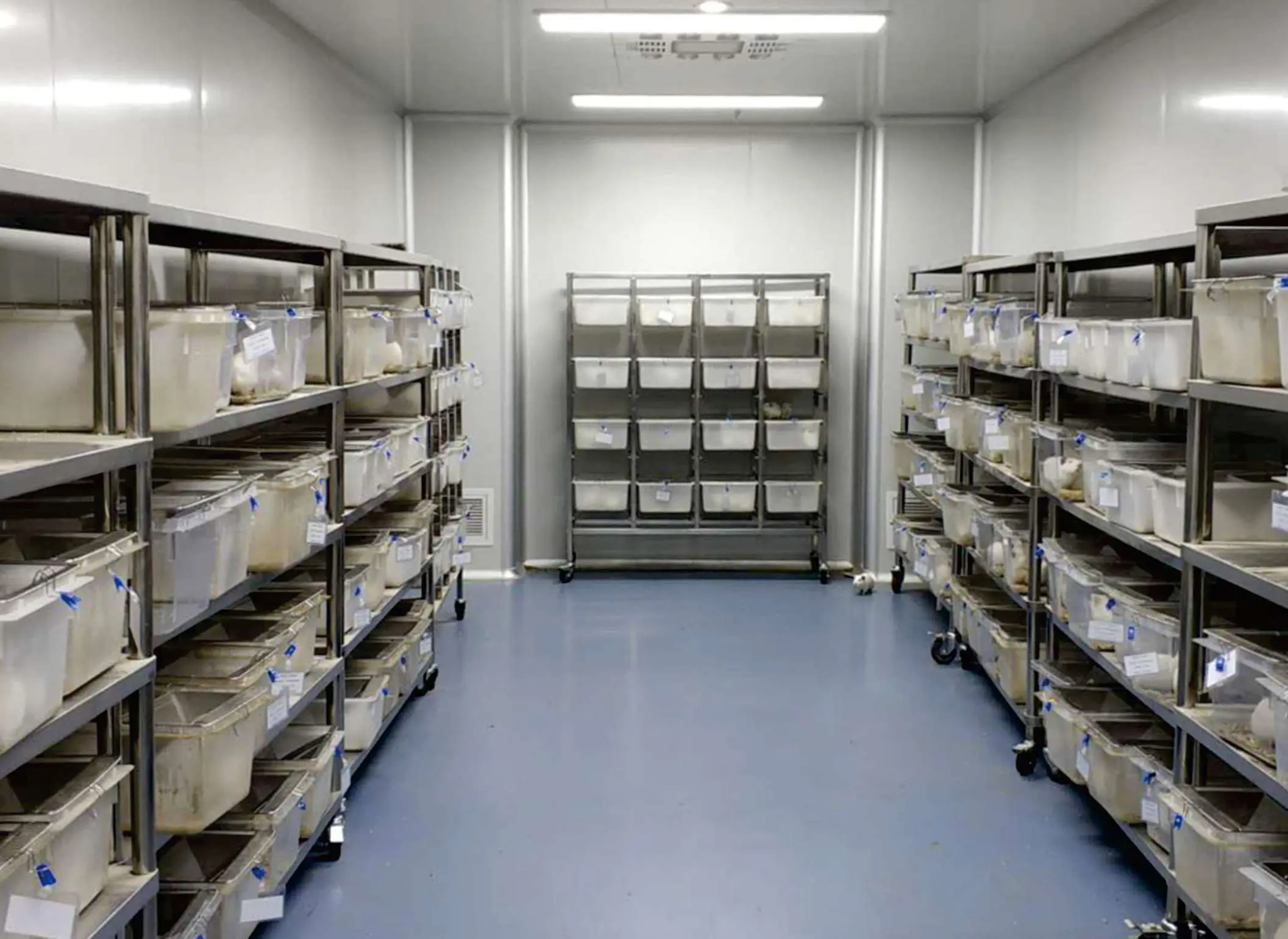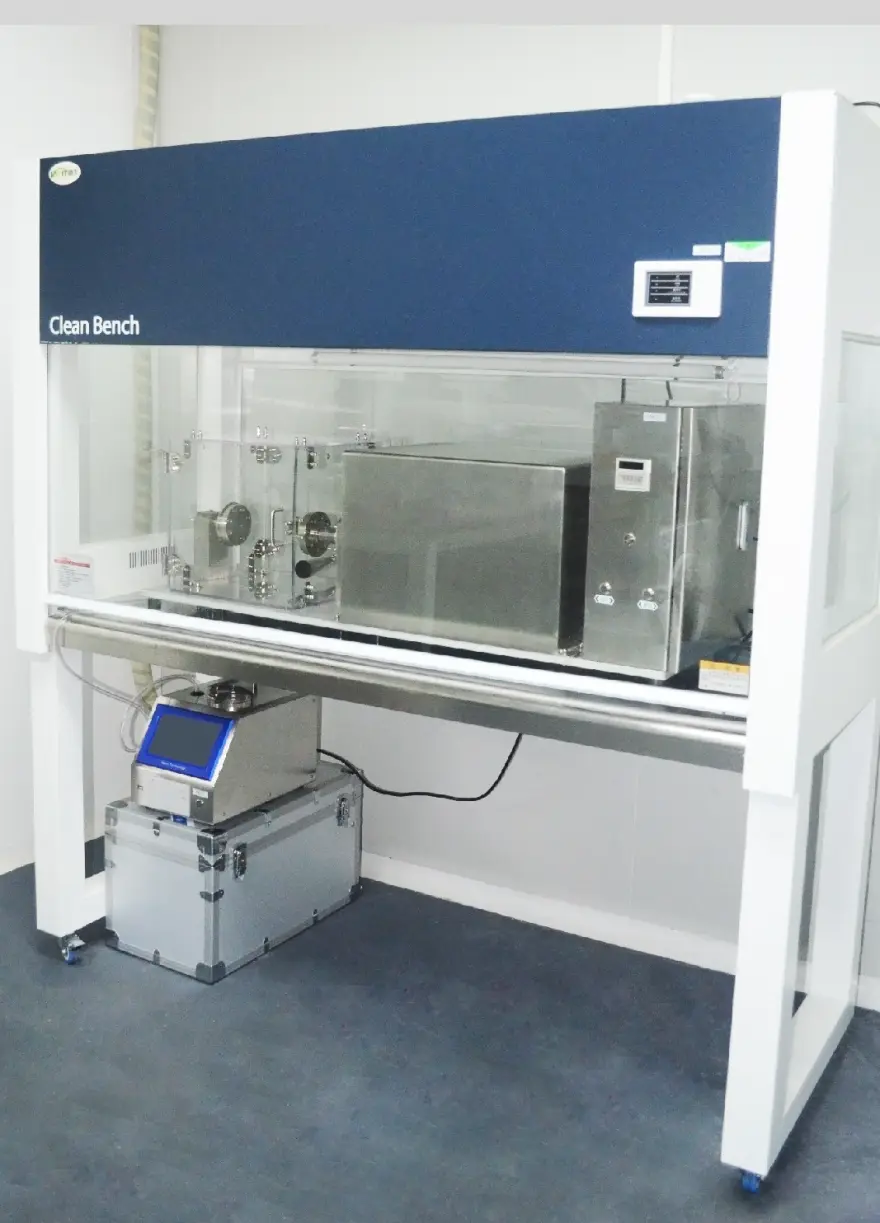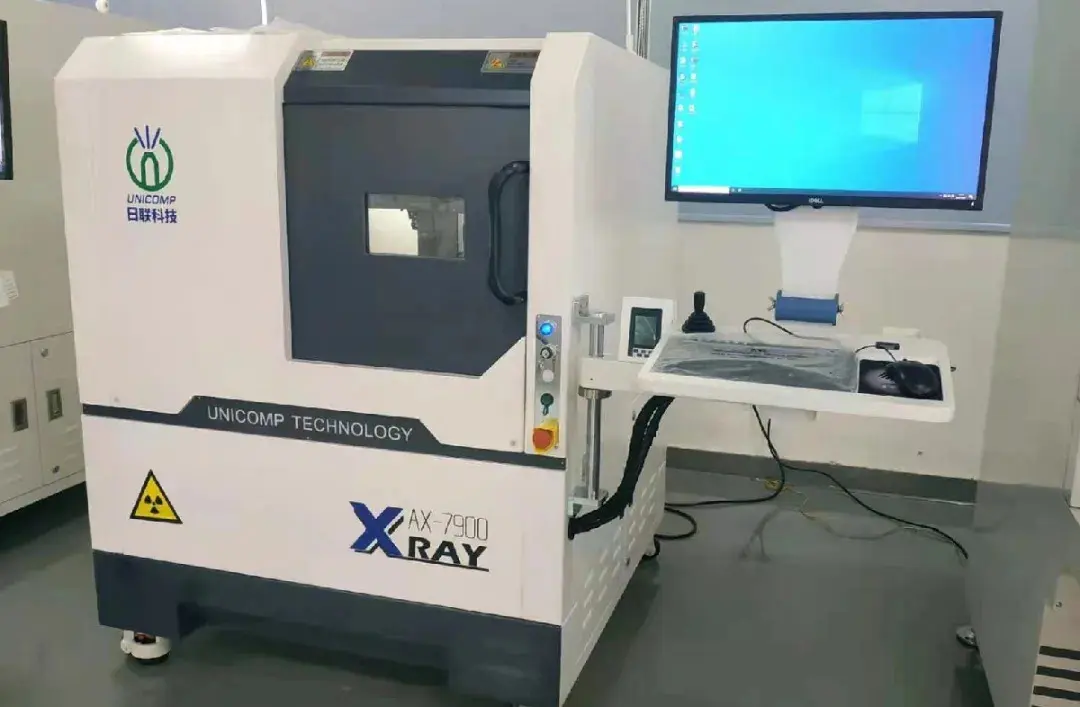
Consumer Electronics Certification
1. cb certification (Global)
The IECEE CB Scheme is the first truly international system for mutual recognition of test reports on electrical product safety. It involves multilateral agreements between National Certification Bodies (NCBs). Manufacturers can obtain national certifications in CB Scheme member countries using a cb test certificate issued by one NCB. This can significantly save time and costs when applying for other certifications.

2. CE certification (European Union)
The CE mark is a safety compliance mark rather than a quality assurance mark. It represents the "essential requirements" of European directives. The CE mark is mandatory in the EU market, ensuring free circulation of products manufactured within the EU or imported from other countries.
3. FCC Certification (United States)
The FCC (Federal Communications Commission) regulates domestic and international communications via radio, television, satellite, and cable. It oversees the approval of many communication and digital products. FCC certification is required for many devices entering the U.S. market.
4. A/C-Tick Certification (Australia)
Issued by the Australian Communications Authority, the A/C-Tick mark certifies communication devices. Consumer communication products require the A-Tick mark, while most electronic products require the C-Tick mark. However, products with A-Tick certification do not need separate C-Tick certification.
5. pse certification (Japan)
PSE certification is mandatory in Japan for electrical and electronic products under the DENAN Law or international IEC safety standards. Of the 498 products regulated, 165 require a diamond-shaped PSE mark (Class A), and 333 require a circular PSE mark (Class B).
6. ROHS certification (European Union)
The RoHS directive restricts hazardous substances in electronic and electrical products to protect human health and the environment. It limits six substances, including lead, mercury, and cadmium. Products like household appliances, IT equipment, and medical devices must comply. Finished products and raw materials may require different RoHS certifications.
7. UL certification (United States)
UL (Underwriters Laboratories) is a leading independent safety certification organization in the U.S. It certifies products for safety, including fire and chemical hazards, appliances, and electronic devices. While not mandatory for U.S. market entry, UL certification ensures product safety and market credibility.
8. FDA Certification (United States)
The U.S. Food and Drug Administration (FDA) ensures the safety of food, cosmetics, pharmaceuticals, medical devices, and radiation-emitting products. Foreign food exporters must notify the FDA 24 hours before U.S. arrival to avoid entry denial. FDA registration is required rather than certification.
9. CCC Certification (China)
The China Compulsory Certification (CCC) is a mandatory certification system for product quality and safety, covering 20 product categories, including household appliances, toys, and medical devices. It ensures consumer safety and aligns with international consumer protection practices.
10. csa certification (Canada)
The Canadian Standards Association (CSA) is Canada’s largest and globally recognized safety certification body. It certifies products across multiple domains, including electronics, medical devices, and recreational goods. CSA-certified products are prevalent in the North American market.
11. DIN Certification (Germany)
The Deutsches Institut für Normung (DIN) sets standards for numerous industries, including construction, electronics, and safety. It represents Germany in international and regional non-governmental standardization bodies.
12. BSI Certification (United Kingdom)
The British Standards Institution (BSI) offers international standardization services, including product testing and certification. Certifications include the "Kitemark" and safety mark certifications.
13. emc certification (Various Countries)
EMC certification ensures equipment operates within its electromagnetic environment without causing unacceptable electromagnetic interference (EMI) or being affected by external interference (EMS). Countries such as the EU, U.S., Canada, Australia, and Japan enforce EMI compliance.
14. gs certification (Germany)
GS certification, based on German Product Safety Law (GPGS), is a voluntary certification that uses EU standards or DIN standards. Recognized across Europe, it applies to products like home appliances, office equipment, industrial machinery, and safety-related products.
15. HACCP Certification (Various Countries)
HACCP (Hazard Analysis and Critical Control Points) ensures food safety during production, processing, and preparation. Widely used in industries such as seafood, meat, canned goods, and cosmetics, HACCP is mandatory in countries like Canada, Thailand, and Australia.
16. GMP Certification (Global)
Good Manufacturing Practices (GMP) certification ensures pharmaceutical and food production meets quality standards with proper facilities, processes, and quality control. It safeguards compliance with regulations for safety and hygiene.
Email:hello@jjrlab.com
Write your message here and send it to us
 China OECD GLP-Certified Laboratory
China OECD GLP-Certified Laboratory
 Packaging Validation ISO 11607 Test Report
Packaging Validation ISO 11607 Test Report
 What is the ISO 11607-1 Packaging Validation Test?
What is the ISO 11607-1 Packaging Validation Test?
 How to get an ISO 11737-1 Test Report?
How to get an ISO 11737-1 Test Report?
 Orthopedic Implant Cleanliness Testing
Orthopedic Implant Cleanliness Testing
 What is ISO 10993-23:2021 Irritation Testing?
What is ISO 10993-23:2021 Irritation Testing?
 ISO 10993-23 Irritation Testing Laboratory
ISO 10993-23 Irritation Testing Laboratory
 EMI Emissions Testing
EMI Emissions Testing
Leave us a message
24-hour online customer service at any time to respond, so that you worry!




